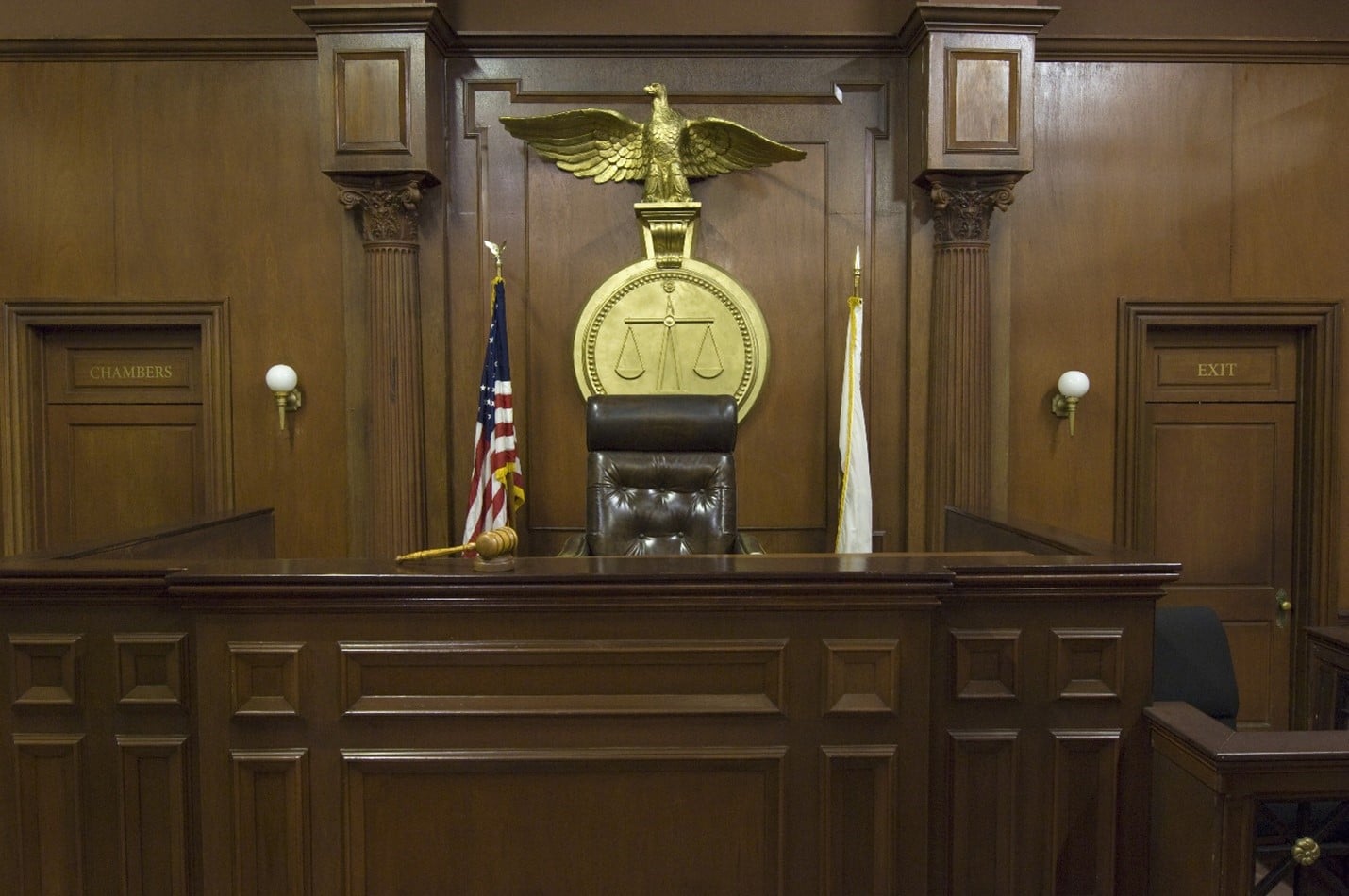If you are walking around, and you slip-and-fall on some water or some ice, and you are injured, normally you would expect to recover for your injuries. Normally, you would file a lawsuit against the business who did not put out a wet floor sign, or the apartment complex that did not take care of its parking lots. However, what if you play a part in your injury? Can you recover damages at all? Well, a recent Indiana Court Case has discussed whether or not a plaintiff who is negligent themselves can recover for their injuries.
What Is Contributory Negligence?
Contributory negligence is a standard that involves the actions of the person who is injured. If that person is not being as careful as an average person would be in that given situation, then they can be partially at fault for their injuries. If a person is not protecting themselves and their own safety, they can be considered contributorily negligent, and potentially lose out on any remedy in a court of law.
The Case: Brown v. The City of Indianapolis and the Town of Speedway
On May 25, 2014, Brown was attending the Indianapolis 500, and after the race, was walking with his wife and friends on 16th Street back to their vehicle. At some point, Brown stepped off the sidewalk, and began to walk in the street. Brown stepped into a pothole on the road that he did not see, fell, and was injured.
Brown then sued the city of Indianapolis and the town of Speedway, claiming that his injuries were due to the negligence of both entities. The trial court granted summary judgement to Indianapolis and Speedway, and after Brown filed a motion to correct error the trial court denied that motion.
Brown argued that he fell because of a pothole that was the fault of the city of Indianapolis and the town of Speedway. Indianapolis and Speedway argued that because Brown was the one who was walking in the street in violation of Indiana Code 9-21-17-12, that he was negligent himself and the injuries he suffered were his own fault. Indianapolis further argued that Brown was contributorily negligent.
The Court of Appeals found that Brown failed to exercise reasonable care for his own safety, and as a result of that, they found that the granting of the summary judgement was proper. The court held that Brown’s conduct exposed him to a danger which a reasonable person would not have exposed themselves to. The Court further reasoned that because he did not exercise reasonable care, he was also a proximate cause of his own injury.
What Does This Mean For Me?
This means that in a potential personal injury case, as a plaintiff, you must show that you were reasonably careful in trying to keep yourself safe. If you were even remotely reckless, and you were injured, you might lose out on any potential recovery.
Have You Been Injured Recently?
Contact the experienced attorneys at Hurst Limontes, LLC! We fight for our clients and ensure that they receive just compensation for their injuries. We have decades of combined experience in many types of personal injury law. Call or email us today for a free consultation.





